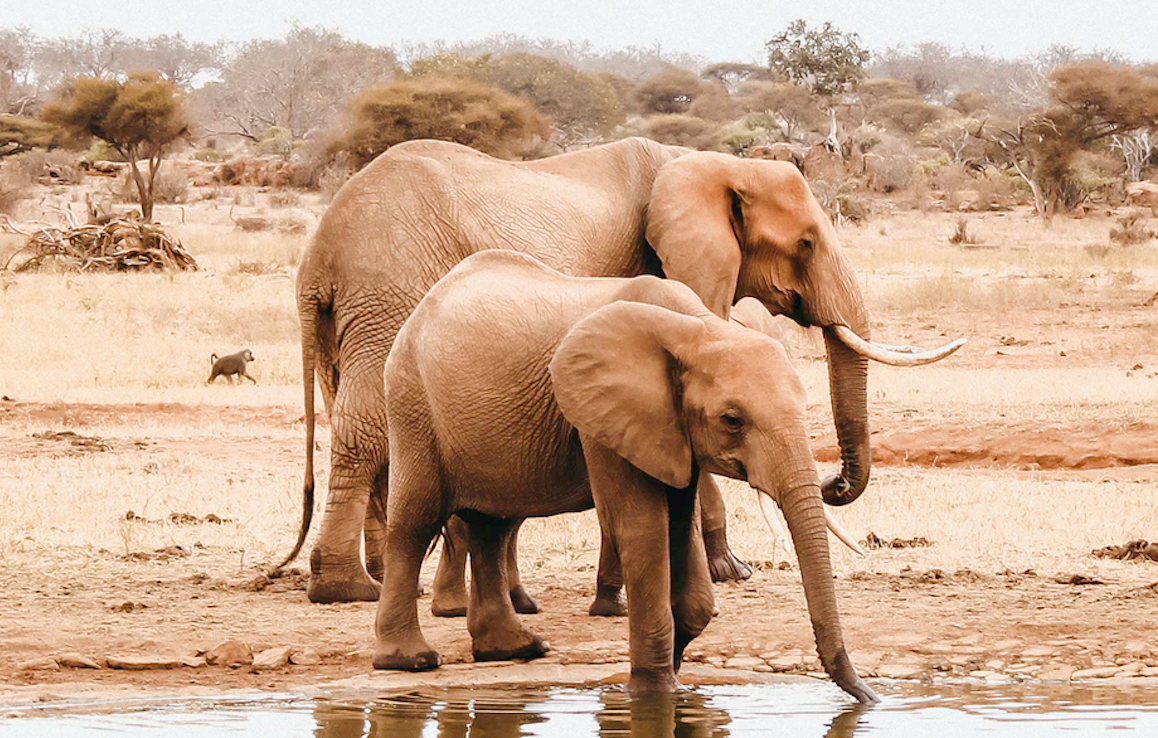Why We Love Kenya…
Kenya offers one of the most densely populated wildlife areas in the world, providing an excellent chance of spotting the Big 5, and with beautiful beaches overlooking the crystal clear Indian Ocean, you can enjoy adventure and relaxation in one trip, what’s not to love?
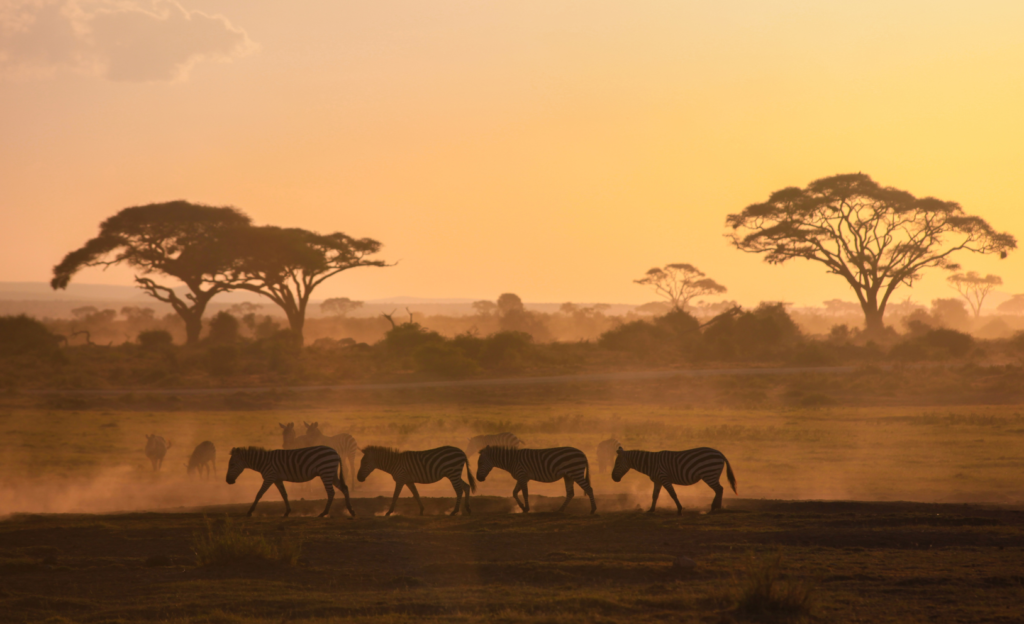
Entry Requirements
Visas
If you are a British or American passport holder visiting Kenya, you will require an ETA for single entry or a visa for multiple entry. Please ensure you look into applying for the visa at least one month prior to departure.
The ETA can be easily completed on their website. Your passport should be valid for 6 months or more, and you should have two blank pages in your passport.
Check out our Kenya ETA guide for a run through and top tips on how to complete the application!
Multiple entry visas require a slightly longer application than single entry, so please let us know if you think you require this visa and we can assist you with the application.
Please note, if you are travelling to another country in East Africa and returning to Kenya, you will still only require a Single Entry ETA. If you are just transiting in Kenya, arriving and leaving on the same flight ticket and not leaving the airport, you will not be required to apply for an ETA.
Please check the Government guidance if you are entering/returning to a different country, and do get in touch with our concierge team with any questions.
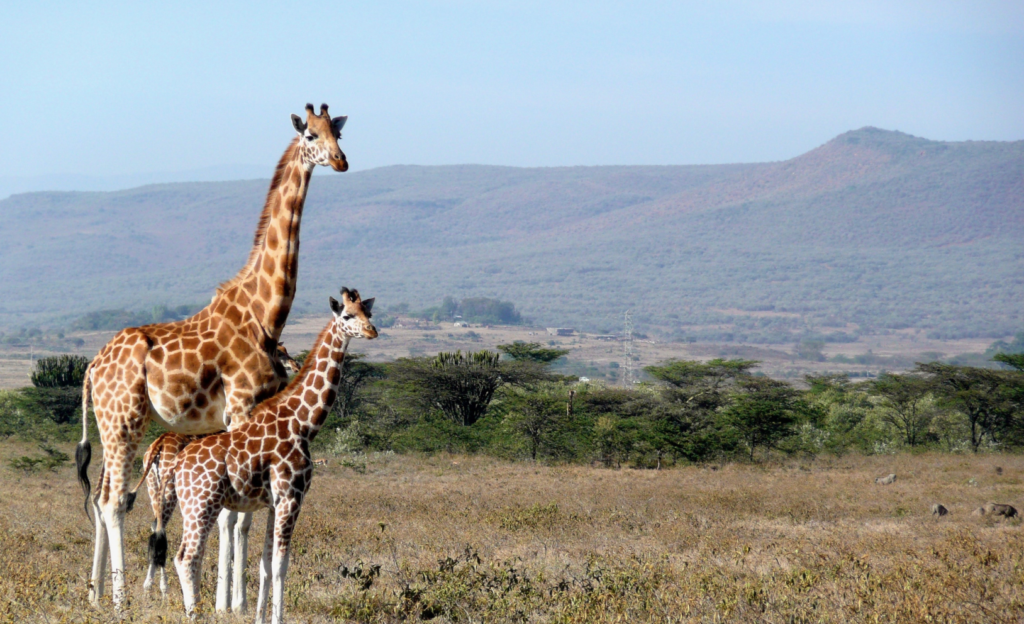
Transfers & Meet/Greet
We’re able to arrange your transfers for you, just let us know your flight number, and we’ll plan the route and let you know the cost! For multi-stop trips, we can also arrange your transfers between hotels/regions.
You might have a couple of stops at different airstrips before yours. Schedules are announced on the day and our local partners will inform you of this information and timings locally.
Our team on the ground will meet you as you disembark and fast-track through airport security.
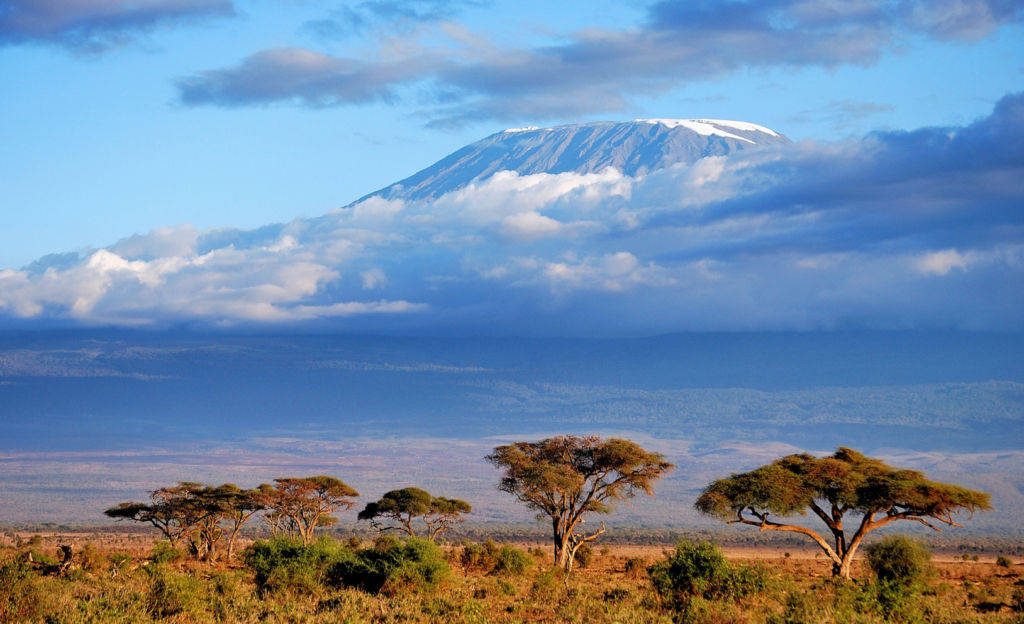
Baggage Allowances
Across Sub-Saharan Africa, there are specific baggage allowances for each country and sometimes even different airlines. Don’t worry, we’re on hand to make your packing as easy as possible.
See below for Kenya’s baggage allowances…
Airline: Safarilink
Type: Scheduled aircraft
Weight allowance: 15kg (soft-sided) – total weight including hand luggage
Dimensions: 70cm x 60cm x 35 cm
What is a soft-sided bag? The aircraft require light bags as they are small planes, we recommend duffel bags like this one from our friends at Stubble & Co.
Packing tips
Please see our What to Pack on Safari blog for our top packing tips for your safari adventure.
– We strongly recommend that you carry overnight essentials and any prescribed medication in your hand luggage on international flights, particularly if connecting to an onward destination.
– Most lodges and camps will offer laundry services, with a 24hr turnaround but it’s worth noting that almost all do not do women’s underwear due to cultural reasons.
– Please note that the use of plastic bags is now illegal in Kenya and carries a stiff penalty. Please dispose of any plastic bags which you may have, once you have cleared and before boarding the plane. Liquids in bottles of up to 100ml may be taken on board, but not in a plastic bag.
– If you’re travelling on to Tanzania after Kenya, we can arrange for additional luggage to be stored at Wilson Airport.
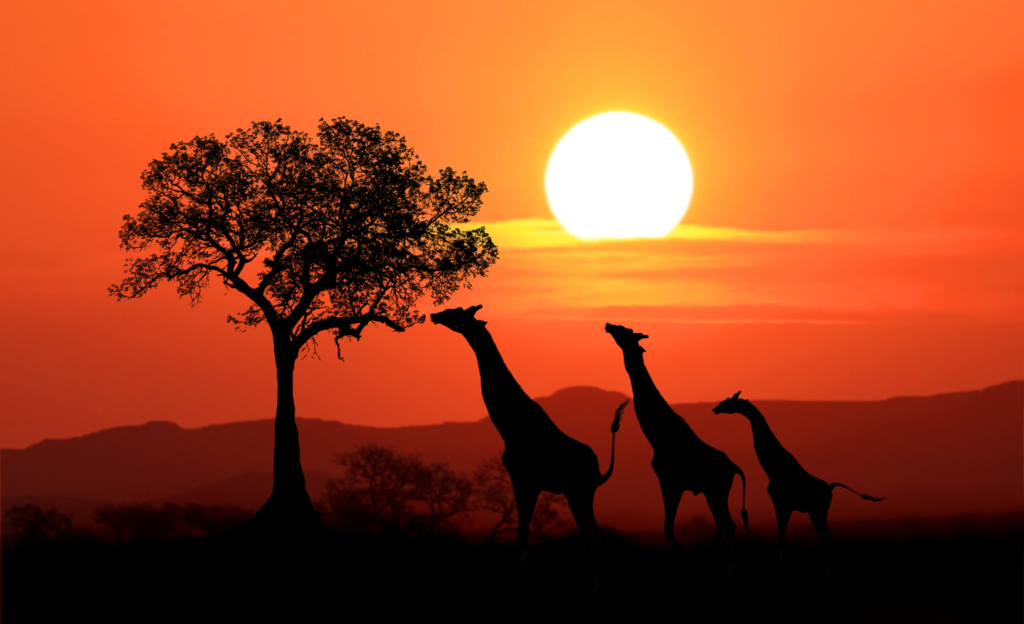
Climate
Kenya is known for having three different types of climate; depending on the location and time of year you visit. Along the coast, it tends to be hot and humid. Neither hot nor cold in the western region and mainly hot and dry in the North. May to March are the months known for high precipitation and June to August are very low rainfall.
Laws and Customs
Take a look at Kenya’s laws & customs here.
If you are visiting an area that is not touristy, we advise you to dress conservatively, especially during the months of Ramadan. Smoking is not prohibited in public, unless in designated areas. Plastic bags are banned, photography is not allowed in airports or important buildings and you must not destroy their currency. You must always carry a form of identification around with you, the physical version is best.
Plug Type
You do not require an adaptor, the sockets in Kenya are Type G, the same as in the UK.
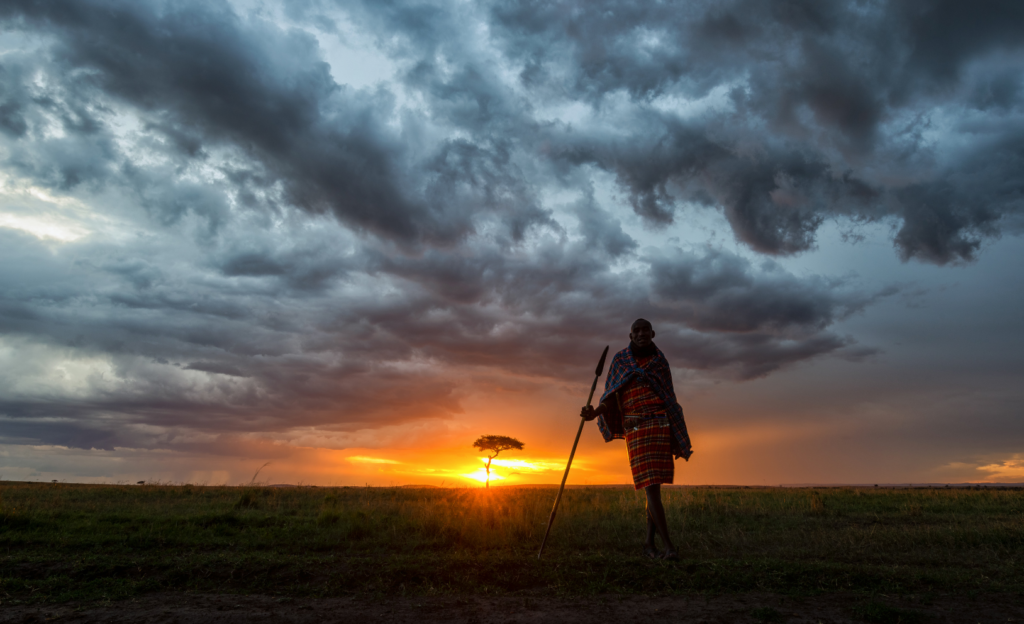
Currency
Kenyan Shilling, also known as KES.
You should take Kenyan Shillings or US Dollars in cash with you. For ease, it is advisable to take dollars, especially in small denominations and there is no need to change any money into local currency as US dollars are an accepted currency. US Dollar notes are not accepted with smaller heads on them i.e. the older notes so please check your money when you get your dollars.
Credit cards are also accepted in a number of hotels and lodges, but not in the bush camps – Visa and Mastercard are the most useful but you will usually be charged a fee of approx 5% for using them.
Tipping/Gratuities on Safari
We recommend travelling with USD in cash. For a couple, the guideline is $25 per day for your guide and the same again for the combined lodge staff – so around $50 per day total. The camp manager is always on hand on the ground if you have any questions.
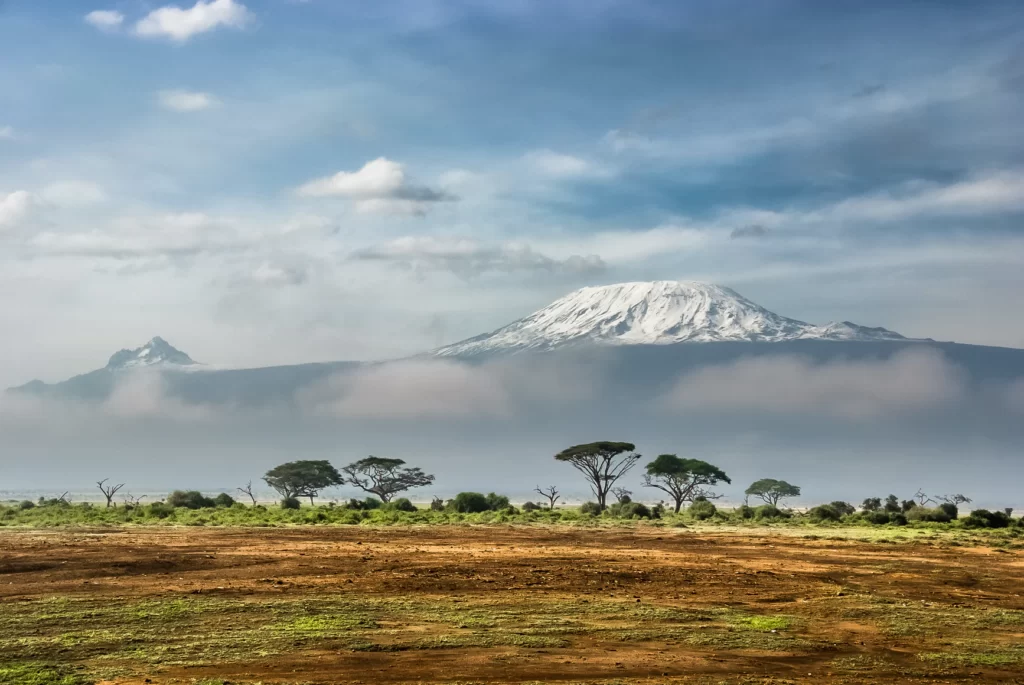
Vaccinations
We aren’t certified to give medical advice so always recommend you consult your doctor or a travel doctor, as they will know which vaccinations you have had already and any additional ones necessary for your trip. You can also take a look here for travel vaccination information and advice on bringing medication into the country.
It’s worth noting that Yellow Fever Vaccinations are mandatory when coming from a country which has a risk of yellow fever transmission. More information on this can be found on the above link.
Flights & Time Zone
Flights to Kenya are around 8.5 hours from the UK.
Time zone is GMT + 3.
Language
Swahili and English.
Food
Expect fantastic fresh salads, great meat and amazing produce from the Rift Valley served by top chefs at some of our safari lodges, whilst you can expect delicious seafood and curry whilst by the beach, there’s a unique Swahili style of cooking on the Kenyan coast that combines Arabic, African and Indian cultures.
